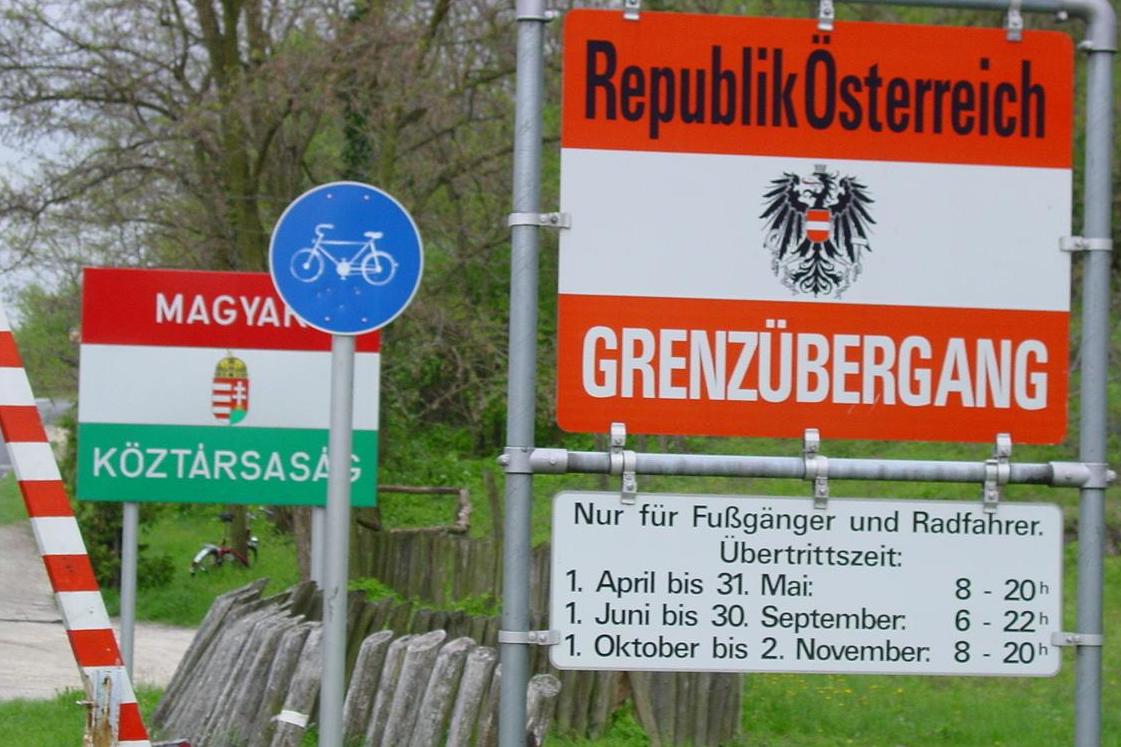The Independent's journalism is supported by our readers. When you purchase through links on our site, we may earn commission.
Going to Europe after Brexit? Shouting in English may not ease your travels
The Man Who Pays His Way: ‘Leading Brexiteers insist that nothing will change for British travellers despite incontrovertible evidence to the contrary’

“No, Simon, that’s a load of nonsense.”
A familiar phrase to my ears, but this time the context was unusual. I had been invited to contribute to talkRADIO on Tuesday morning, ahead of the European Commissioners’ decision about whether British travellers would be given visa-free status after Brexit. You can listen to the exchange here.
I said it was highly unlikely that Europe would demand full visas for UK visitors even in the event of a no-deal Brexit (which later proved correct). But I also pointed out that, whatever the outcome of talks, UK travellers would inevitably face tougher border controls.
The presenter, Julia Hartley-Brewer, disagreed.
“The Spanish tourist industry, which is a huge part of their economy, would collapse if they made it hard for Brits to travel,” she said.
“The French property world would collapse as well. The reality is: they want us to visit as much we want to visit. They’re not going to make it harder.”
Yet the European Union has spelt out that it will be tougher for British people to visit the EU, saying we will “be subject to thorough checks of all entry conditions for third-country nationals” and excluded from the fast lanes provided for EU citizens at border crossings.
Conversely the British government has vowed, in time, to make it harder for Europeans to visit the UK by insisting that everyone has a passport rather than merely a national ID card.
But Ms Hartley-Brewer, a keen Brexiteer, rubbished my explanation of the stated intentions of the European Union, saying: “When I go on holiday to France, as I do far too often, I still have to go through passport control, the same as I do when I go through passport control in America.”
Yet it is not the same at all. Currently, when Ms Hartley-Brewer goes to France, the only check that border officials are allowed to make is to verify that she has a valid European Union travel document.
When she goes to the US, she must enrol online and pay a small amount of money (unless she gets scammed by the fake websites and pays a large amount of money) for an Esta permit. But that entitles her only to board a flight to the US. If, when she arrives, the passport official chooses not to let her in, perhaps because her name happens to approximate to someone on a “watch list”, then she is on the next plane home.
I also mentioned that in future British travellers to Europe may need to provide evidence of how they will support themselves during their stay.
Which triggered the response: “No, Simon, that’s a load of nonsense.
“You don’t even have to do that in America, for goodness sake.”
Between now and 29 March 2019, take your passport to any European Union border. If the frontier official asks you anything about your travel plans or your available funds, you can cheerfully say: “None of your business.” He or she is obliged to let you in regardless.
Then fly to the US and try the same line. Let me know how you get on.

I voted Remain, but I respect people who voted Leave. After all, they were assured during the referendum campaign they were voting for the best of all possible worlds. “The day after we leave we hold all the cards and we can choose the path we want,” promised Michael Gove.
But I am perplexed by leading Brexiteers, such as Ms Hartley-Brewer, who insist that all will remain the same for British travellers despite clear and incontrovertible evidence to the contrary.
When visiting Europe after Brexit, shouting in English may not prove a wise strategy.
It was David Davis who said while Brexit secretary: “There will be no downside to Brexit, only a considerable upside.” And Walter Scott who wrote: “What a tangled web we weave, when first we practise to deceive.”
Join our commenting forum
Join thought-provoking conversations, follow other Independent readers and see their replies
Comments
Bookmark popover
Removed from bookmarks